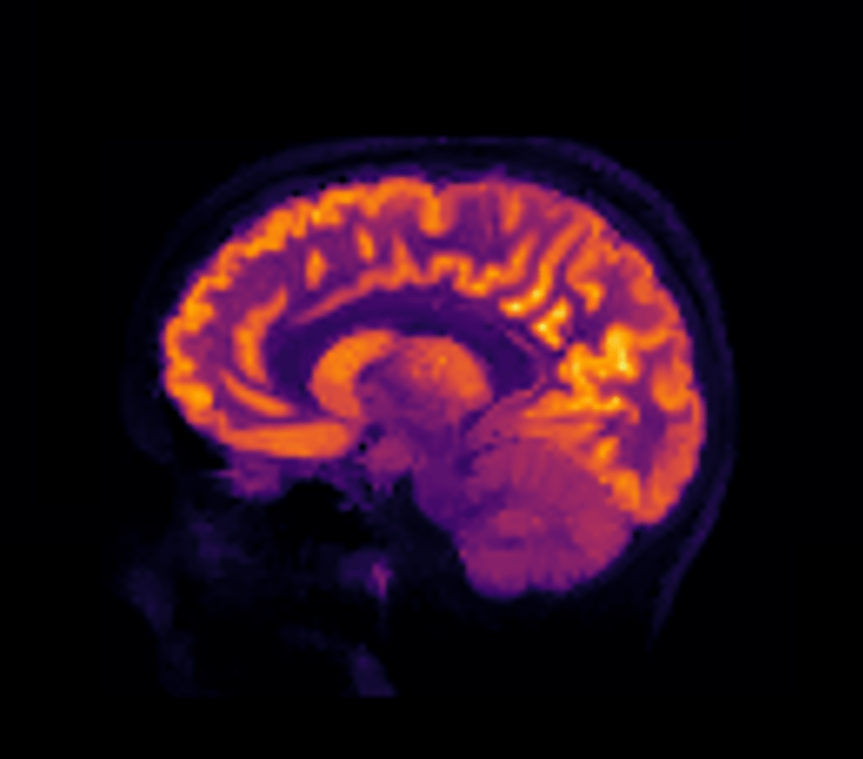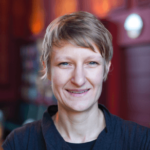
Faster PET Reconstruction by Stochastic Optimization
Researchers: Matthias Ehrhardt, Pawel Markiewicz, Carola-Bibiane Schönlieb
This project is concerned with the efficient reconstruction of positron emission tomography by means of stochastic optimization. In the last decade many mathematical tools have been developed that have the ability to enhance clinical imaging in various ways. On the forefront of this wave are non-smooth priors that allow the reconstruction of a smooth image but do not prohibit jumps across meaningful areas like organs in medical imaging. Beside this these new tools also allow the incorporation of a-priori structural knowledge about the solution at hand. However, most of this progress has not been translated into clinical practice as most modern algorithms are too demanding for the huge data sizes encountered. In the past, algorithms have been made “applicable” to clinical practice by only considering a subset of the data at a time. While for some models this leads satisfactory results, in general this ad-hoc strategy may yield to spurious artefacts. Motivated by the success of similar techniques in machine learning, in this project we extend modern algorithms for imaging that can handle non-smooth priors in a rigorous way to the subset setting by means of “randomization”. While the algorithm and thus its iterates are random, the variance of these are extremely low and converge quickly to the deterministic desired solution.

